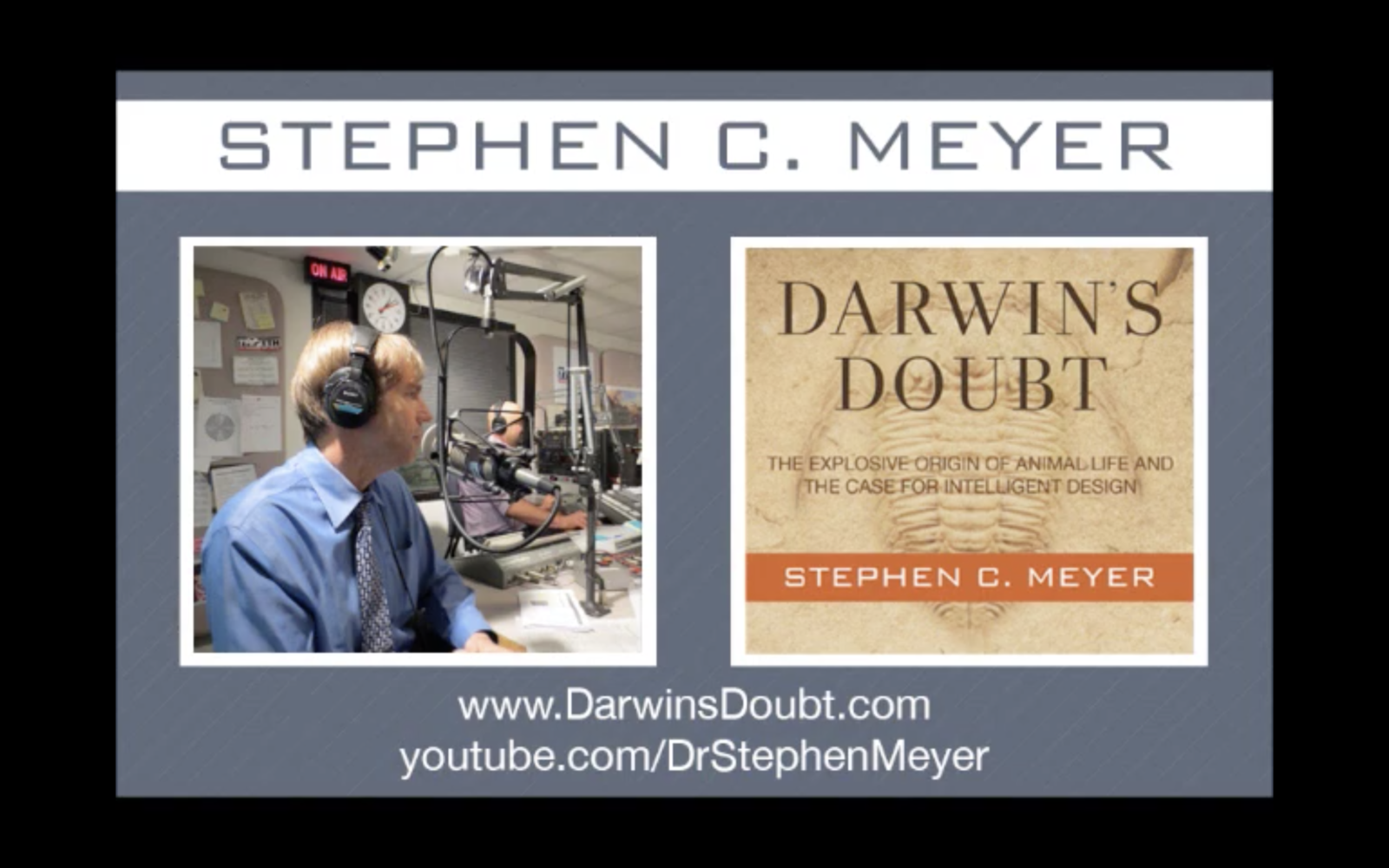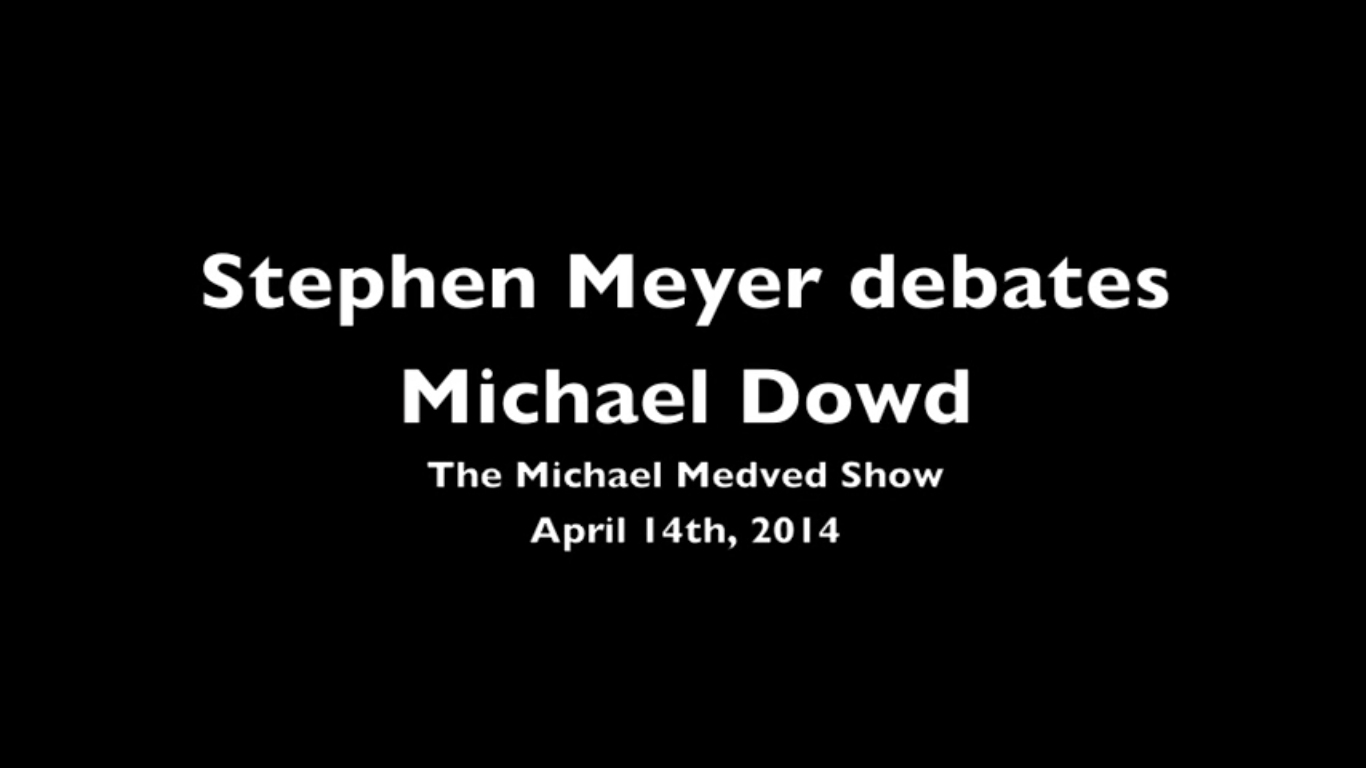
Does Darwinian Evolution Disprove the Existence of God? Stephen Meyer on The Ben Shapiro Show
On this short but informative interview on KTTH’s The Ben Shapiro Show, Dr. Stephen Meyer discusses the compatibility of science and religion and explains why intelligent design provides a more satisfying explanation of the evidence than the neo-Darwinian selection/mutation mechanism. Meyer also outlines arguments raised by his new book Darwin’s Doubt. More information is available at www.DarwinsDoubt.com.
